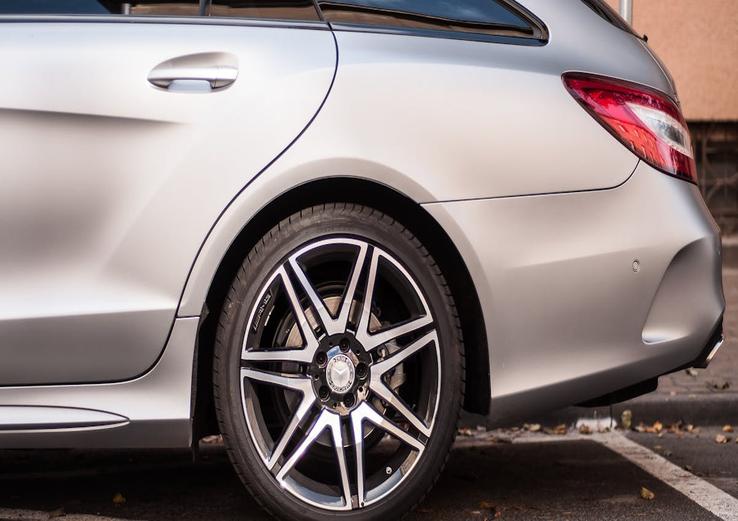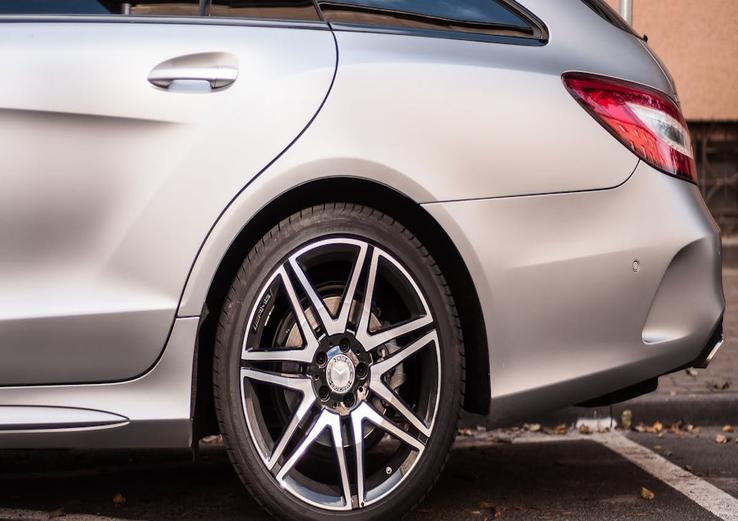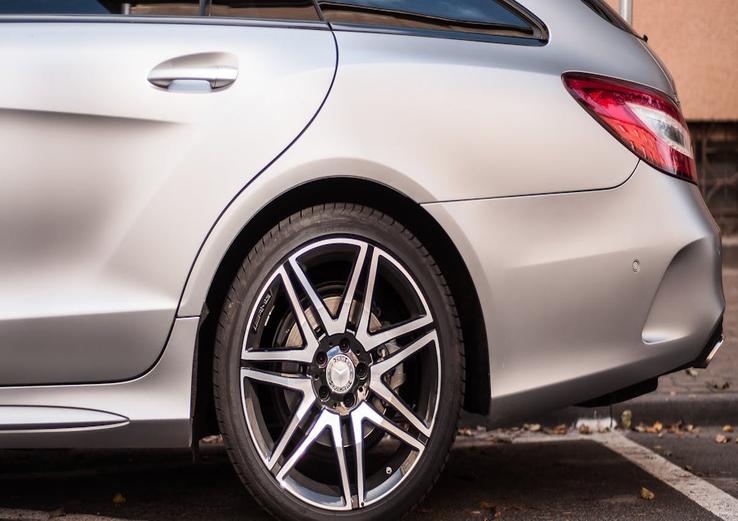
Introduction to LESS: A New Era in Europe’s Clean Steel Markets
The European steel industry is on the cusp of a revolution, driven by the introduction of a cutting-edge technology known as LESS (Low-Emission Steel Production). This innovative approach is set to transform the continent’s steel markets, prioritizing sustainability, reducing emissions, and fostering trust among stakeholders. As the demand for clean steel continues to rise, LESS is poised to play a vital role in shaping the future of this critical sector. By integrating advanced technologies and processes, LESS aims to minimize the environmental footprint of steel production, ensuring a more eco-friendly and responsible industry.
The LESS initiative is built around a comprehensive framework that addresses the complexities of steel production, from raw material extraction to the final product. By adopting a holistic approach, LESS seeks to optimize energy efficiency, reduce greenhouse gas emissions, and promote the use of alternative, low-carbon energy sources. This multifaceted strategy is expected to not only decrease the environmental impact of steel production but also enhance the overall quality and performance of the final product. As the European steel industry embarks on this transformative journey, the LESS initiative is poised to drive growth, innovation, and trust in the region’s clean steel markets.

The LESS Framework: A Key Driver of Trust and Sustainability
At the heart of the LESS initiative lies a robust framework that outlines the principles and guidelines for low-emission steel production. This framework is designed to ensure that all stakeholders, including steel producers, suppliers, and consumers, are aligned with the common goal of reducing emissions and promoting sustainability. By establishing a set of clear standards and best practices, the LESS framework provides a roadmap for the industry to follow, facilitating the transition to a more environmentally friendly and responsible steel production process. The framework’s core components include the adoption of advanced technologies, such as hydrogen-based reduction, and the integration of renewable energy sources, like solar and wind power.

The LESS framework also emphasizes the importance of transparency and accountability, encouraging steel producers to disclosure their environmental performance and emission levels. This increased transparency is expected to foster trust among stakeholders, including consumers, investors, and regulatory bodies, as it provides a clear understanding of the industry’s commitment to sustainability. Moreover, the framework’s emphasis on continuous monitoring and evaluation ensures that the industry remains on track to meet its emission reduction targets, driving progress and innovation in the clean steel sector. By providing a comprehensive and structured approach to low-emission steel production, the LESS framework is poised to become a cornerstone of Europe’s clean steel markets, driving trust, sustainability, and growth.
Industry-Wide Collaboration: The Key to Successful Implementation
The successful implementation of the LESS initiative relies heavily on industry-wide collaboration and cooperation. Steel producers, suppliers, and consumers must work together to share knowledge, expertise, and best practices, ensuring that the benefits of low-emission steel production are realized across the entire value chain. This collaborative approach will facilitate the development of new technologies, the optimization of production processes, and the creation of new business models that prioritize sustainability and environmental responsibility. Furthermore, industry-wide cooperation will enable the sharing of risks and costs associated with the transition to low-emission steel production, making it more accessible and viable for all stakeholders.
The European steel industry’s commitment to collaboration and cooperation is already evident, with several leading steel producers and industry associations actively engaged in the LESS initiative. These industry leaders recognize the importance of collective action in driving the transition to a more sustainable and environmentally friendly steel production process. By working together, they can leverage their combined expertise, resources, and influence to shape the future of the industry, ensuring that the benefits of clean steel are realized by all stakeholders. As the LESS initiative continues to gain momentum, it is likely that we will see even more prominent industry players joining forces to drive growth, innovation, and trust in Europe’s clean steel markets.
The Future of Clean Steel: Opportunities and Challenges
As the LESS initiative continues to drive the transition to low-emission steel production, the European steel industry is poised to capitalize on a range of new opportunities. The growing demand for clean steel, driven by increasingly stringent environmental regulations and consumer preferences, is expected to create new market opportunities and revenue streams for steel producers. Moreover, the adoption of advanced technologies and processes will enable the industry to reduce costs, improve efficiency, and enhance the overall quality of its products. However, the transition to low-emission steel production also presents several challenges, including the need for significant investment in new technologies, infrastructure, and workforce training.
The European steel industry must navigate these challenges while maintaining its competitiveness in the global market. This will require careful planning, strategic investment, and a commitment to continuous innovation and improvement. The LESS initiative is well-positioned to support the industry in this endeavor, providing a framework for collaboration, knowledge sharing, and best practice development. As the industry continues to evolve and adapt to the changing landscape, it is likely that we will see the emergence of new business models, products, and services that prioritize sustainability, environmental responsibility, and social accountability. The future of clean steel in Europe is undoubtedly exciting, with the LESS initiative at the forefront of this transformative journey.
